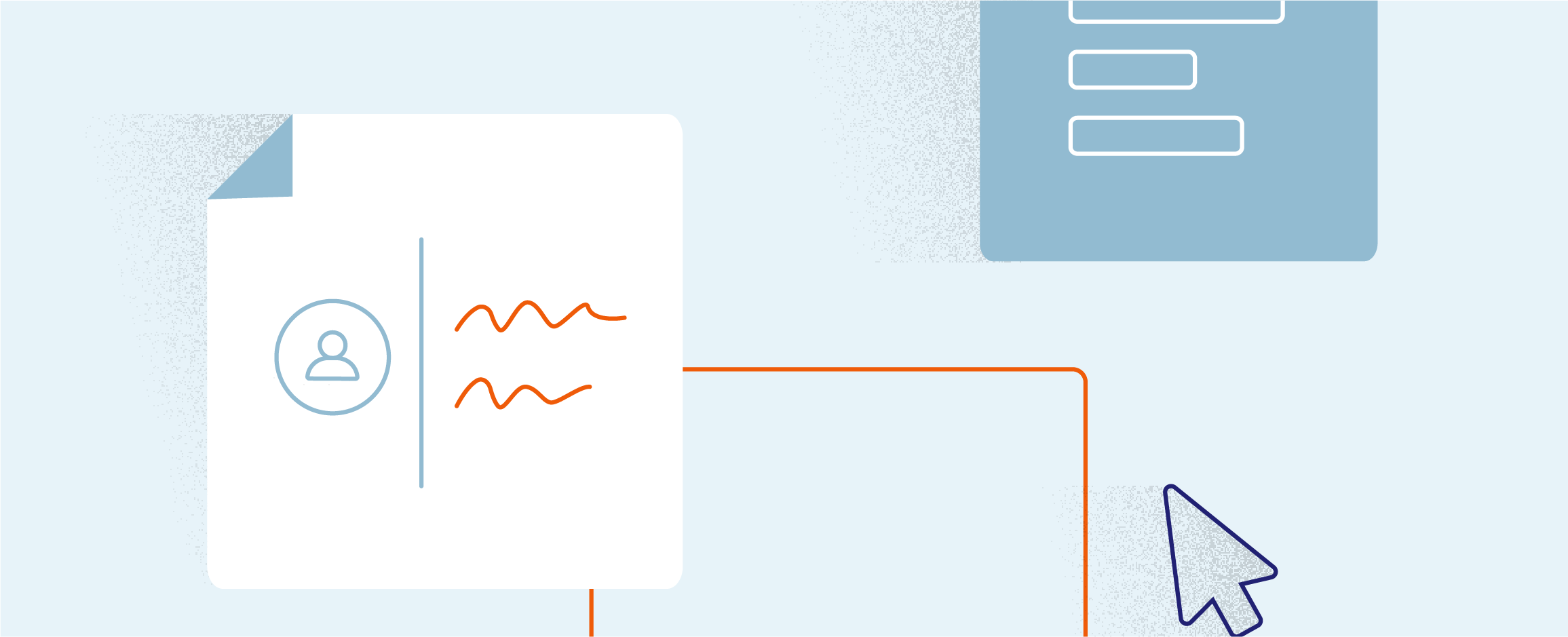
Stepping in front of an audience will always contain an element of excitement, but feelings of stress and uncertainty do not belong in the preparation phase. Here are some tips for the days and weeks leading up to your presentation that will help you avoid the crunch and create more effective presentations.
Focus your efforts where you have the most control.
Sure, it helps but it's beyond our control.
Start early by starting small.
So, you have a presentation coming up. Let's face it, you are not doing yourself any favours by avoiding getting started. A lot of people don't know how to start and feel overwhelmed because they feel that creating a presentation is a huge task. The key is to break your big presentation project into smaller manageable tasks.
It might not sound like much, but it is already helpful since it will put you back in control and also get your subconscious mind working on it.
Stay on track and know what's next




Spend your time wisely.
It is common practise to fire up your slide program when you need to work on your next presentation. After all, you will need slides for the presentation. However, this will be a massive time sink, because the process of creating presentations is iterative by nature and you want to iterate on ideas, not on slides.
Working with slides too early will cost you a lot of time, because you will be sidetracked by irrelevant details. You might spend on the project, but you are not improving the quality of your presentation.
These resources are better for developing content than editing slides will ever be.
Figure out your audience.

Our step-by-step workflow helps you focus on what matters most: your audience and your goals.

Change your environment to reduce distractions.
At the core of each successful presentation lie a set of thoughtful ideas and a handful of deliberate key messages. Creating these is no rocket science, but you will need some room for mulling over ideas and thinking about your audience. This is called deep thinking and the key to reaching this state of mind lies in creating islands of interruption-free working on a single issue. This means no e-mails, smartphone notifications and intermezzos with colleagues.
Research shows that working analogue unlocks creativity in a way that a computer keyboard cannot.
Start small, avoid your slides and make time for thinking to set yourself up for presentation success.
Sign up to receive useful presentation tips as well as notifications about new tools and services.